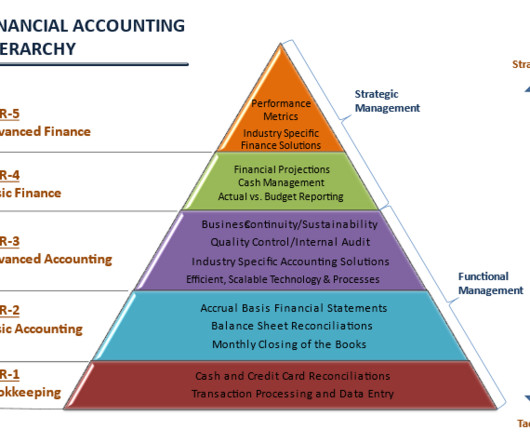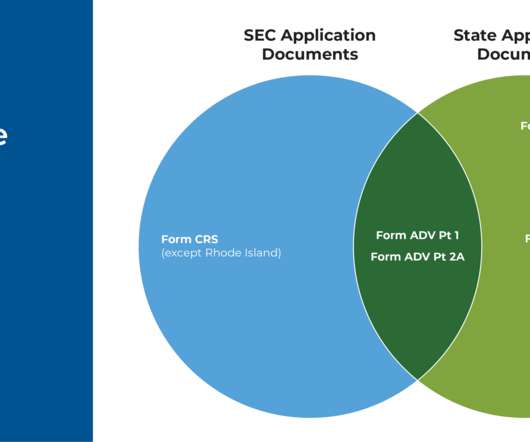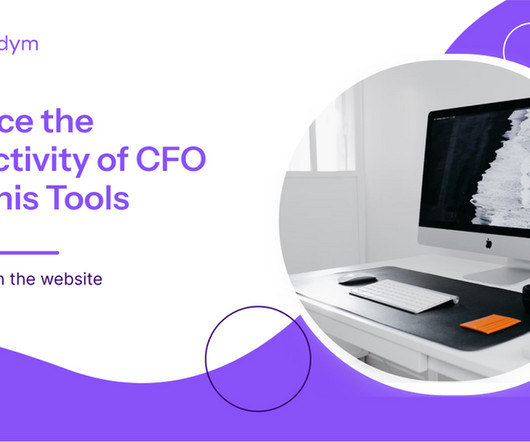Are Your Compliance Processes Keeping Up with Evolving Audit Requirements?
Bramasol
MAY 13, 2024
Discover how SAP solutions lay a solid foundation for audits and next level PCAOB or AICPA compliance reviews. While passing each audit is a critically important milestone, companies also should understand that it is only one aspect of ensuring their financial transparency and integrity.














Let's personalize your content